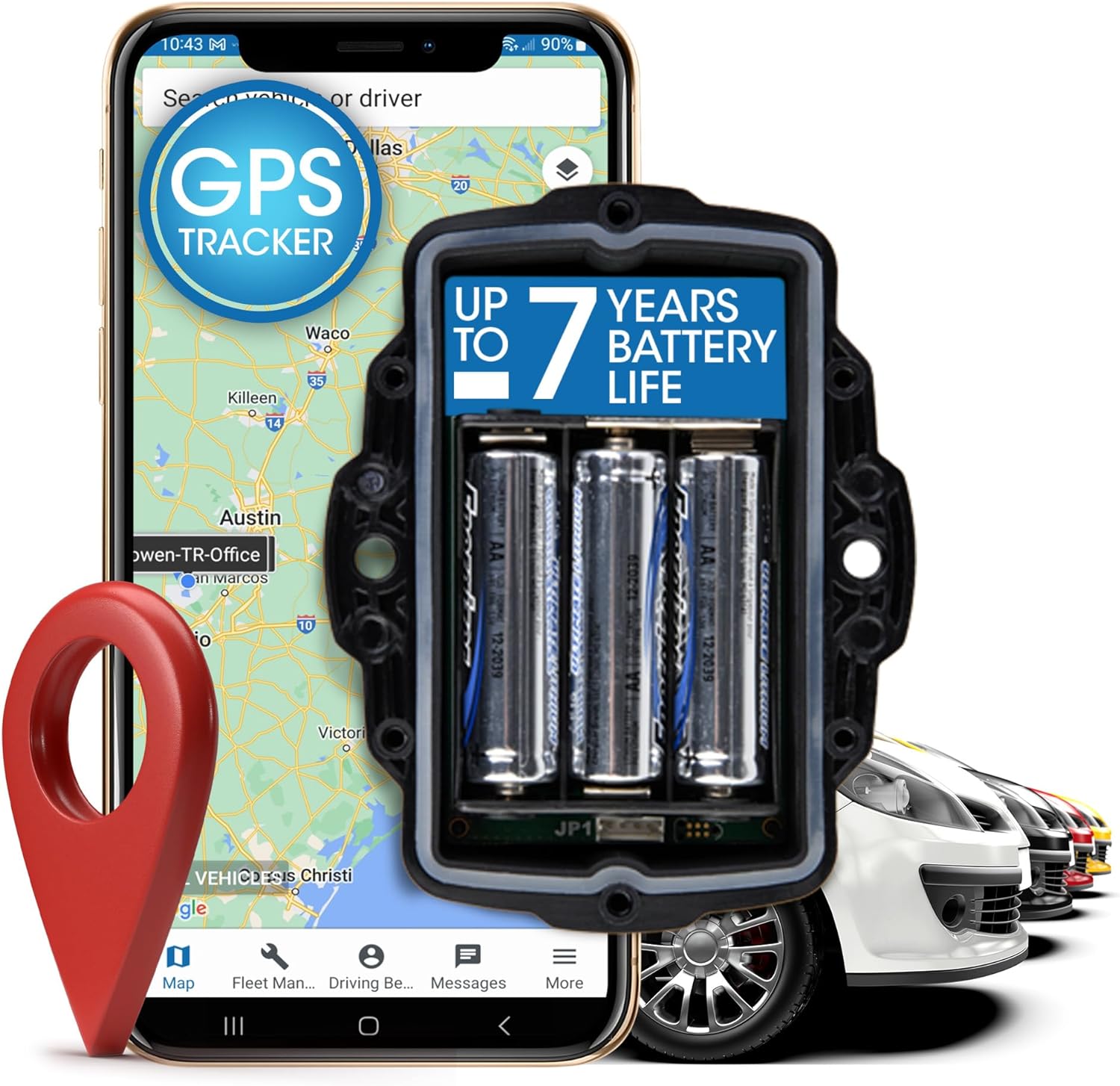Leading Benefits of GPS Tracking for Fleet Administration
Leading Benefits of GPS Tracking for Fleet Administration
Blog Article
Navigating the Future of GPS Tracking: Technologies, Difficulties, and Opportunities Ahead
As we stand at the crossroads of societal ramifications and technical developments, the landscape of general practitioner tracking is positioned for a transformative trip ahead. The advancement of GPS modern technology has been quick, ushering in a new era of real-time tracking capacities that assure unmatched levels of accuracy and efficiency. With wonderful innovation comes excellent obligation, as information privacy concerns loom large and safety obstacles in GPS tracking raise essential questions regarding securing delicate details. Yet, amidst these challenges lie hidden opportunities waiting to be discovered, providing a look right into the untapped potential of a market at the edge of modification.
Evolution of GPS Innovation
The Evolution of GPS Technology has actually been marked by significant developments in accuracy, insurance coverage, and performance over the years. Created for army purposes, General practitioner technology has evolved to come to be an ubiquitous device in numerous fields, including transport, logistics, agriculture, and individual navigating. Early general practitioner systems were characterized by restricted coverage, reduced precision, and bulkier hardware needs. Nevertheless, with continuous technical advancements, GPS has transitioned to more effective and specific systems that use global protection and improved precision.
One key landmark in the evolution of GPS technology was the development of Discerning Schedule (SA) in the 1990s, which deliberately degraded the precision of civilian general practitioner signals. The discontinuation of SA in 2000 substantially boosted GPS accuracy for civilian customers. Subsequent innovations, such as the deployment of added satellite constellations like Galileo and BeiDou, have additionally enhanced GPS coverage and precision, making it an indispensable tool in day-to-day life. As general practitioner innovation continues to progress, we can expect more enhancements in protection, effectiveness, and precision, opening up brand-new possibilities for innovation and applications throughout various markets.
Real-Time Monitoring Innovations
Structure on the improvements in GPS technology that have actually transformed precision and coverage, real-time monitoring has actually become a crucial location of innovation with extensive ramifications throughout numerous sectors. Real-time monitoring innovations make it possible for companies and organizations to keep an eye on employees, automobiles, and possessions instantly, offering valuable understandings for decision-making procedures - gps tracking. By leveraging real-time information, firms can boost functional effectiveness, enhance consumer solution, and make sure the safety and security and safety of their assets
Among the key developments in real-time tracking is the assimilation of expert system and device understanding algorithms, which enable anticipating analytics and anomaly detection. These capacities allow for proactive upkeep scheduling, course optimization, and risk mitigation approaches. Moreover, the evolution of real-time tracking systems has caused the growth of mobile applications and customizable dashboards, equipping users to accessibility crucial information anytime, anywhere.
Data Personal Privacy Concerns

Information privacy problems include different aspects, consisting of the storage, sharing, and retention of area data. Services must implement robust safety steps to protect GPS tracking data from cyber dangers and data violations. Clear policies relating to data collection methods and the function of monitoring are important to develop trust fund with customers and ensure conformity with data protection policies.
Safety And Security Challenges in GPS Monitoring
Resolving information personal privacy problems in GPS monitoring is intricately connected to alleviating the safety tests that develop from possible susceptabilities in the innovation. Among the primary protection difficulties in GPS tracking is the threat of unauthorized access to delicate area information - gps tracking. Cyberpunks could intercept general practitioner signals, manipulate area information, or perhaps track individuals without their permission. This not only gets into individual privacy but likewise poses severe safety and security threats.
One more protection difficulty is the possibility for obstructing or spoofing GPS signals. By relaying incorrect signals or conflicting with legitimate ones, harmful actors can trick GPS receivers and control area data. This postures threats not only for individual users yet likewise for military and governmental applications that count on exact positioning information. Applying robust encryption, verification steps, and signal verification procedures are essential actions in resolving these safety and security obstacles in GPS tracking.
Arising Opportunities in the Market
The growing field of review General practitioner tracking innovation presents a myriad of promising possibilities for industry development and development. One crucial opportunity lies in the growth of General practitioner tracking applications past conventional industries. GPS tracking can change patient care by allowing remote monitoring of essential signs and making sure prompt clinical assistance.
Furthermore, the raising need for linked gadgets and IoT services provides a ripe opportunity for General practitioner tracking business to broaden their offerings and develop cutting-edge options that cater to an extra linked world. By exploiting on these arising chances, General practitioner monitoring business can position themselves for sustained development and success in the dynamic landscape of the industry.
Verdict
In conclusion, the future of GPS monitoring is marked by constant development and advancement in technology. As the sector moves ahead, browsing these challenges will certainly be vital to ensure the ongoing growth and success of General practitioner monitoring innovation.
With great innovation comes wonderful duty, as information personal privacy problems loom huge and protection obstacles in GPS monitoring raising pertinent questions regarding safeguarding delicate details.With the fast proliferation of GPS monitoring modern technology in numerous sectors, resolving information privacy problems has actually become a Click This Link critical imperative for both businesses and customers alike. The collection of area data through General practitioner tracking increases substantial privacy issues, as it makes it possible for the monitoring of people' habits and movements. Companies using GPS monitoring need to prioritize guarding this information to prevent unauthorized access or misuse that could compromise people' personal privacy civil liberties.
Companies have to execute durable security steps to shield GPS tracking data from cyber risks and information breaches.
Report this page